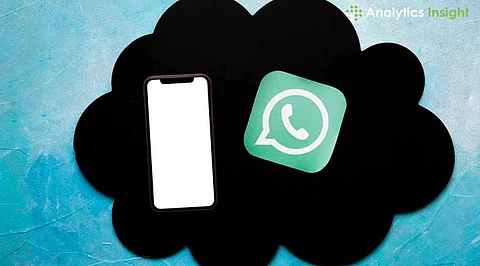

Meta has revealed that WhatsApp will no longer support Android devices operating on KitKat and earlier versions on January 1, 2025. This decision aligns with the company's general updates to promote security, functionality, and compatibility with new technologies. It affects a series of products that have been on the market for more than ten years, thus forcing customers to start using new-generation gadgets.
Android KitKat, introduced in 2013, is almost archaic now because most devices run on newer operating systems. Starting next year, the application will cease to support KitKat, and users will not receive updates, bug fixes, or security updates. Meta also noted that older systems are technologically inferior and can increase security threats to the application's new features and enhancements.
Some of the models affected are Samsung Galaxy S3, LG G2, Motorola Moto G (1st Gen), HTC and Sony. WhatsApp users are advised to back up data and upgrade to devices with newer operating systems to continue using the app. Without an upgrade, users risk losing their chat histories, media files, and the ability to use the messaging platform.
This is not the first time WhatsApp has eliminated its older systems. As of 2020, the application stated that it no longer supports devices with Android 2.3.7 or lower. Updates for security and feature advancement on iOS devices have also been announced.
In a similar development, WhatsApp will no longer work on iPhones installed with any version before iOS 15.1 from May 5, 2025. This means the platform will no longer release updates and security patches for these devices. The older iPhone models include the iPhone 5s, iPhone 6, iPhone 6 Plus, and others that can’t install an operating system beyond iOS 12.5.7.
Customers with newer devices running on earlier software should upgrade to iOS 15.1 or above to avoid service disruptions. This update affects both the regular WhatsApp app and WhatsApp Business, which means that all the services will meet the same system requirements.
Meta’s decision reflects the necessity of keeping pace with technological advancements. Older devices, which cannot update to the newer versions, slow the app's progress while limiting it. The phase-out process helps to add new and better features to the application while at the same time making the application perform well with new-generation devices.
The transition is of paramount importance for the owners of obsolete smartphones. This will allow users to use WhatsApp without interruptions. Meta will continue to provide system security and improve user experience through such updates.
